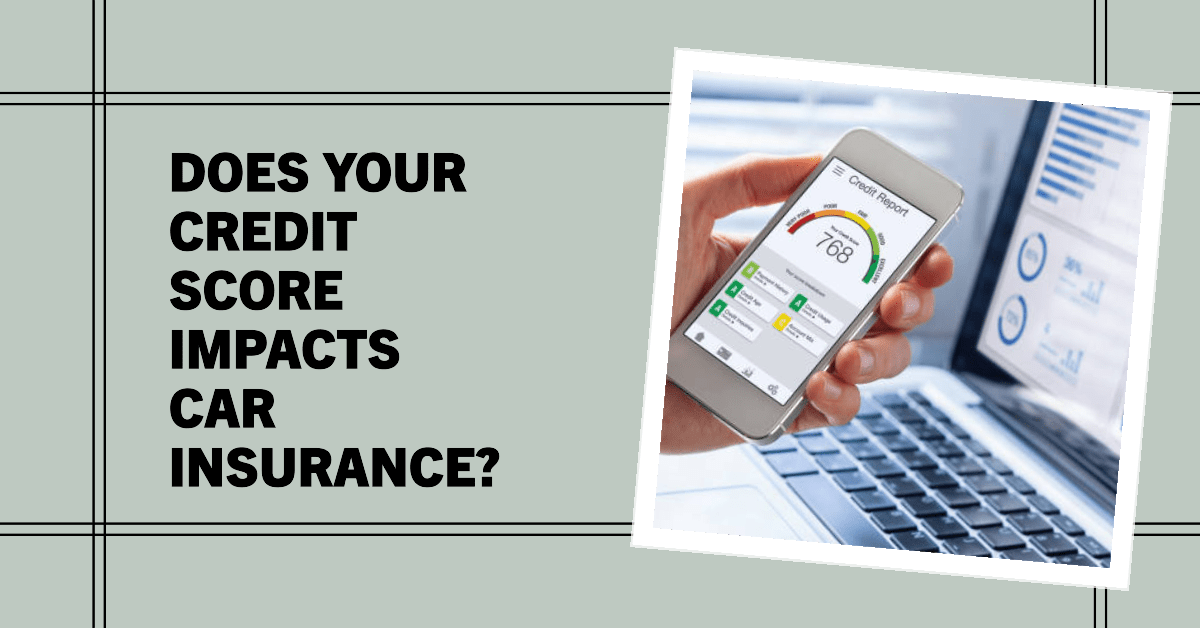Hello, dear readers! Let’s unravel a commonly asked question: Does your credit score affect car insurance rates? The simple answer is yes, it does. But fear not, knowledge is power! Understanding this can help you in the long run. Insurers use your credit score as one of several factors to determine your premiums. A higher score may often lead to lower rates, as you’re seen as a responsible individual. If your score isn’t where you’d like it to be, don’t worry! You can always take steps to improve it, like paying bills on time and reducing debt.
Remember, credit score isn’t the only factor; driving history, age, and type of car also play a role. So, to save some cash, check and improve your credit score. Your wallet will thank you later!
What is a Credit Score?
Before diving deep, let’s quickly cover a credit score for those who might not know. Your credit score is a numerical representation of your creditworthiness, essentially an estimate of how likely you are to repay borrowed money. Credit scores are calculated based on your credit history and other financial behaviors.
Credit Score and Car Insurance
You may ask, “Why would my credit score affect my car insurance?” Well, insurance companies have a ton of data to analyze to determine risk. Studies have shown a strong correlation between a person’s credit score and the likelihood of filing an insurance claim. The higher the credit score, the less likely you are, statistically speaking, to file a claim. This leads insurers to offer better rates to those with higher credit scores.
How Much Impact Does It Have?
In car insurance, the question of how much your credit score impacts your premium rate is often met with varying degrees of concern. However, it’s crucial to note that the insurance regulatory environment differs from country to country, affecting how credit scores may or may not influence premiums. The United Arab Emirates (UAE) is a detailed example.
Suppose an insurance provider in the UAE does consider credit scores. In that case, the impact is often less pronounced than how heavily it’s weighed in other markets. In such cases, you could see some fluctuation in your premium rates. However, it’s likely less significant than a 50% increase, which could occur in other regulatory environments. A poor credit score in the UAE might result in a premium hike of around 10-15%, depending on the insurer’s internal policies.
Improving Your Credit Score for Better Rates
Here’s the positive, advice-worthy part: It’s not set in stone even if you currently have a low credit score. You can take steps to improve it and potentially qualify for better car insurance rates:
- Paying your bills on time is the most straightforward way to boost your credit score.
- Reduce your debt: High debt levels relative to income can negatively affect your credit score.
- Only open a few new credit accounts at a time: Each time you open a new account, it affects your credit score.
- Check for errors on your credit report: Sometimes, credit reports contain errors that can unfairly lower your credit score.
- Be Patient: Once you make these changes, your credit score will take some time to reflect them.
Considerations for New Drivers
If you’re a new driver and still need to establish a credit history, you might wonder how this affects you. Most insurance companies have policies for offering rates to new drivers who may need a credit history. These rates are generally higher but usually decrease as the driver gains more experience and, hopefully, establishes a solid credit history.
What To Do If You Have a Low Credit Score
Firstly, don’t panic. If you have a low credit score, you still have options:
- Shop around: Different insurance companies weigh credit scores differently.
- Ask for discounts: Are you a student military veteran, or do you have a safe driving record? These can often offset the impact of a low credit score.
- Consider pay-as-you-go insurance: These policies base your rates on your driving behavior, monitored via a device in your car rather than your credit score.
- Co-sign a policy: If you’re comfortable, consider co-signing your insurance policy with someone with a higher credit score.
Final Thoughts
Your credit score usually impacts your car insurance rates, but remember, it’s only one piece of the puzzle. Many other factors, such as your driving history, car type, and even where you live, also impact your rates. So, while working to improve your credit score, ensure you’re also maintaining a clean driving record and shopping around for the best rates.
Stay smart, stay insured, and drive safely!


